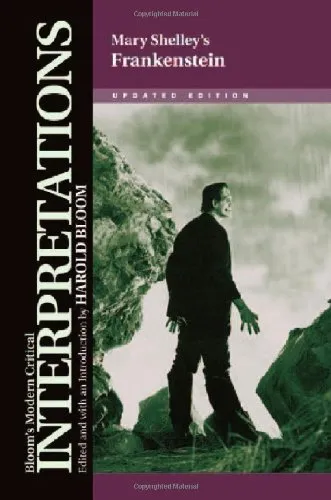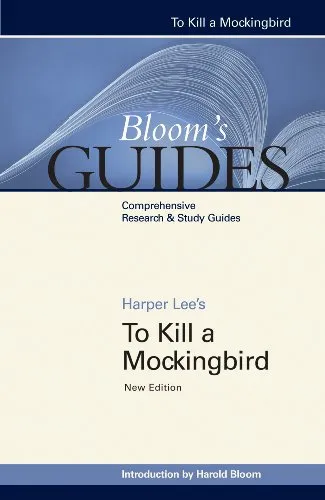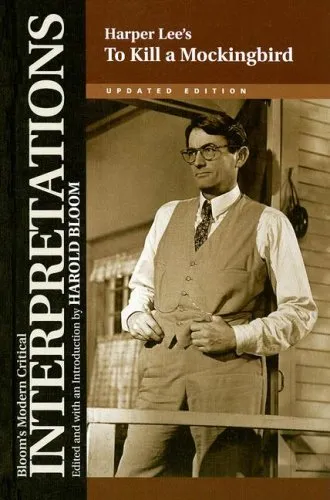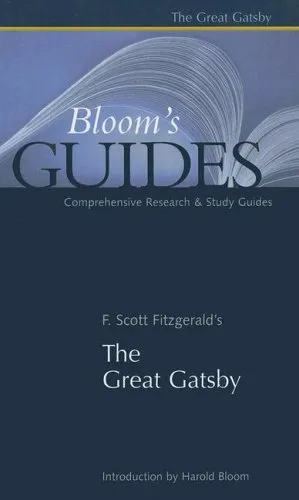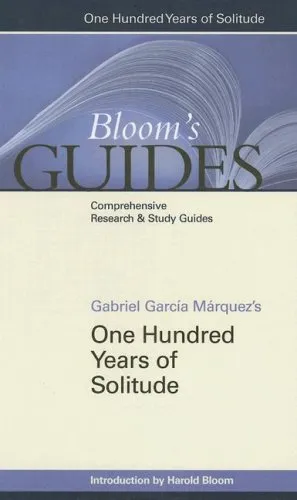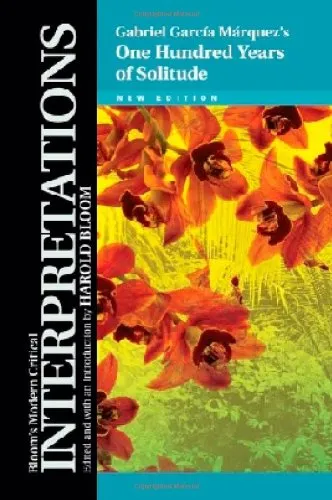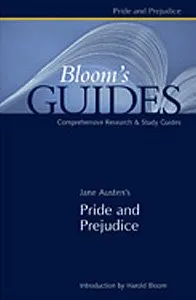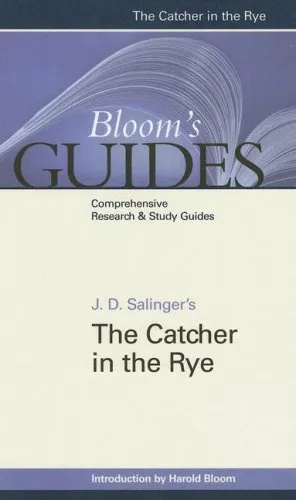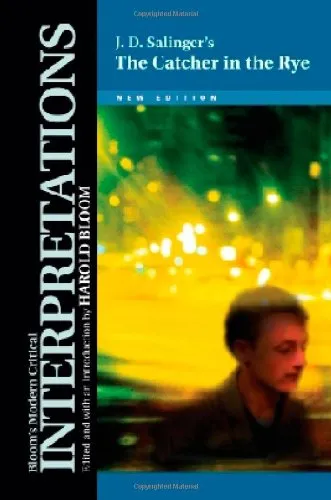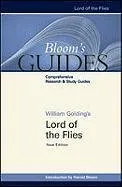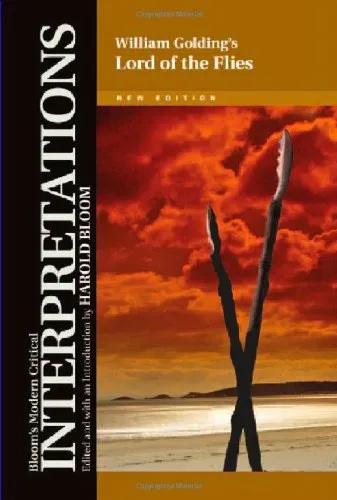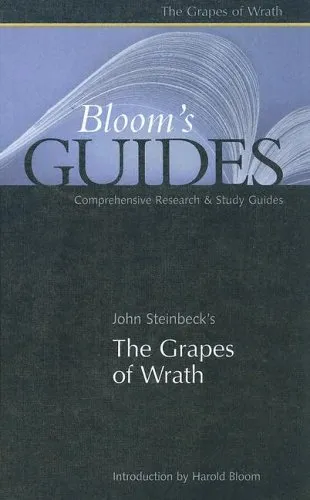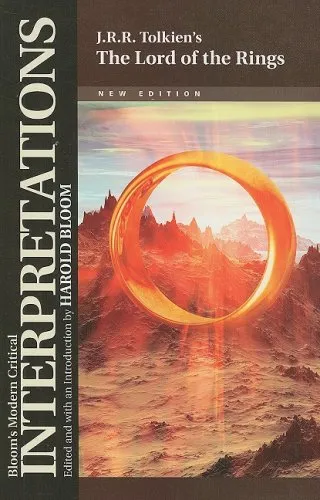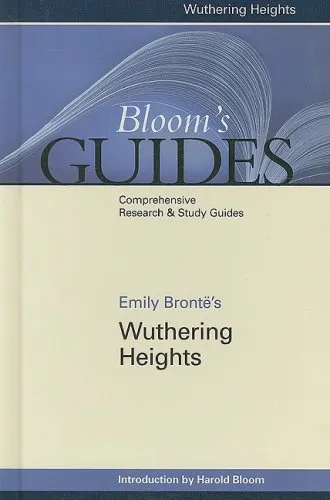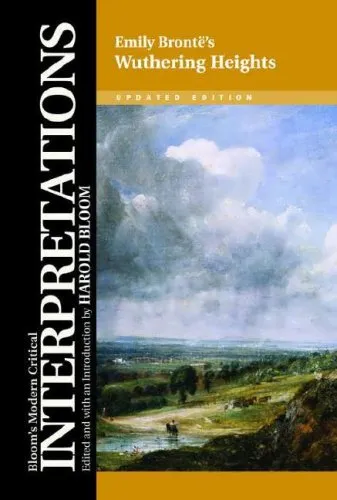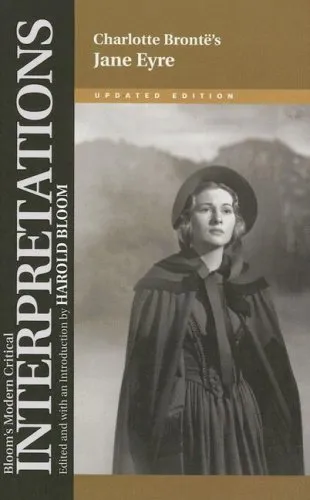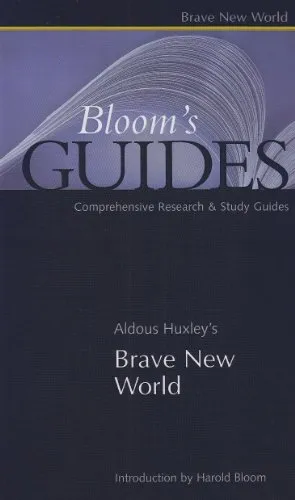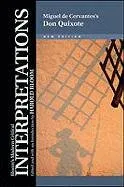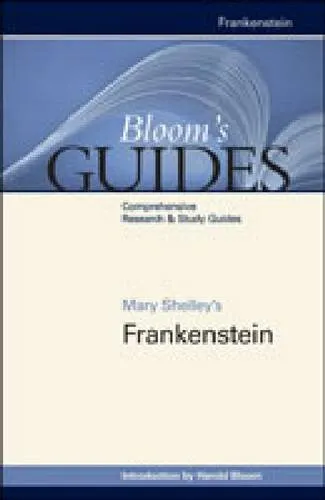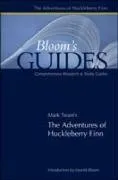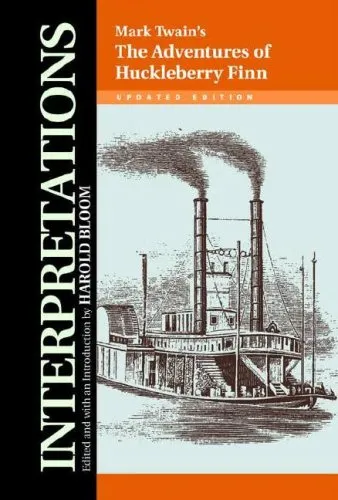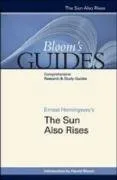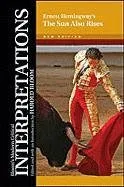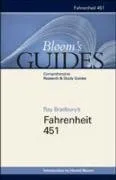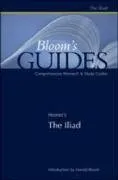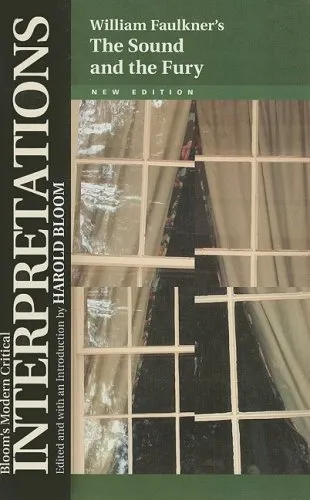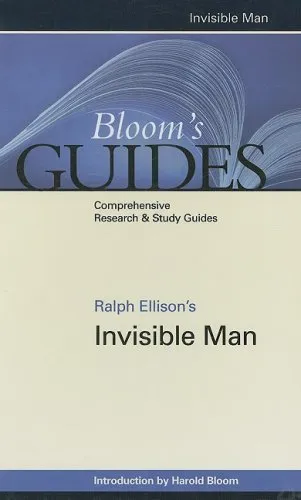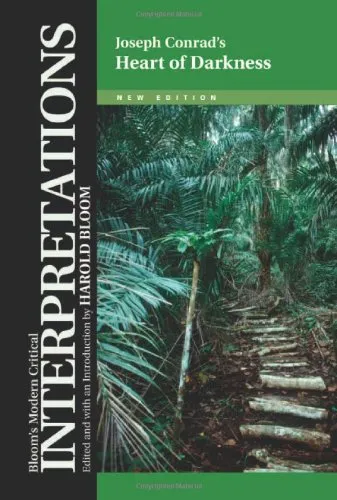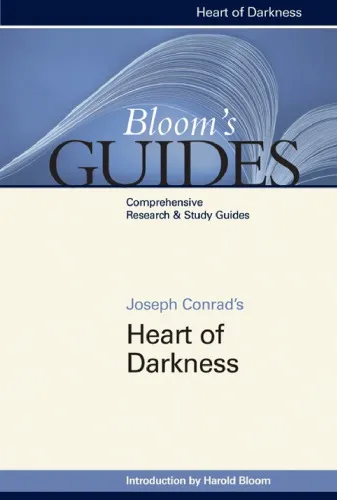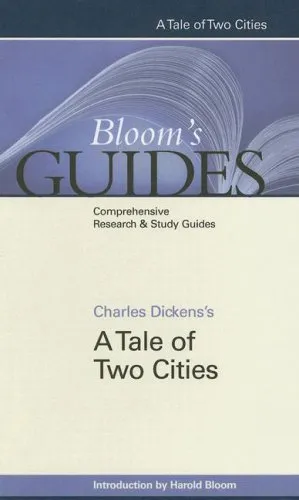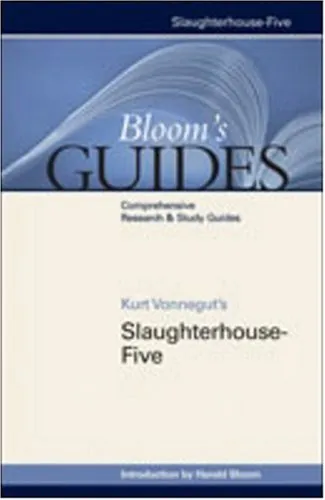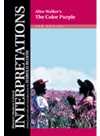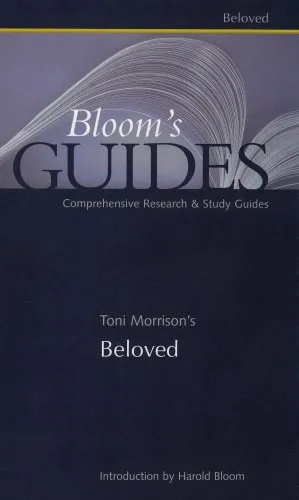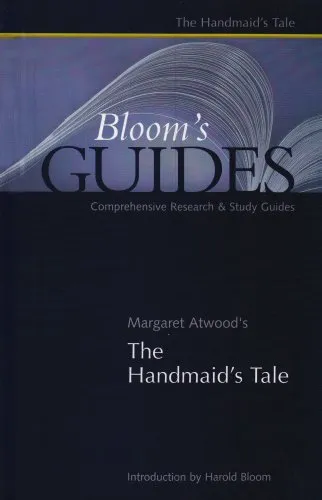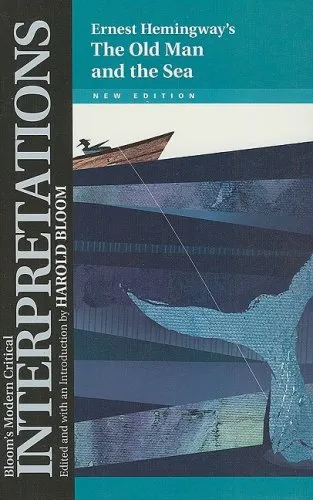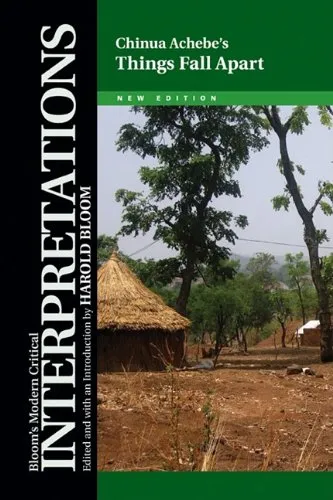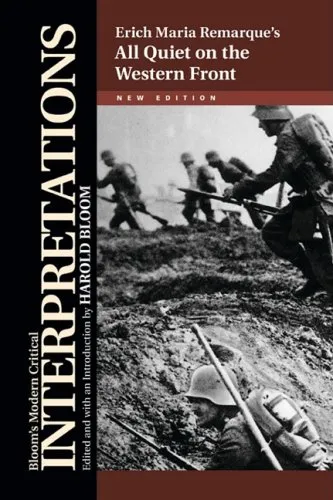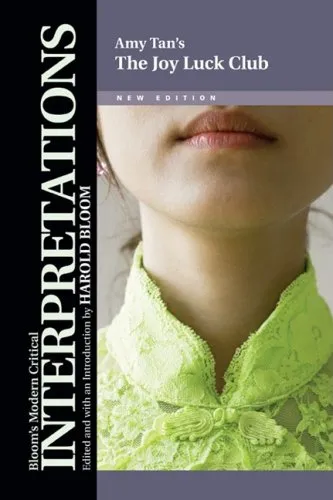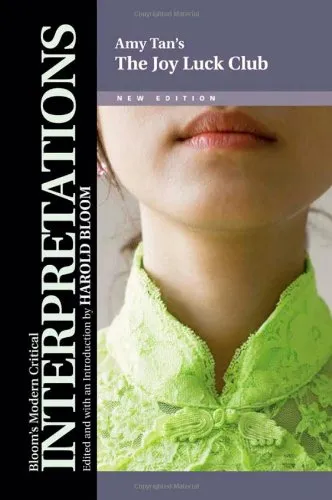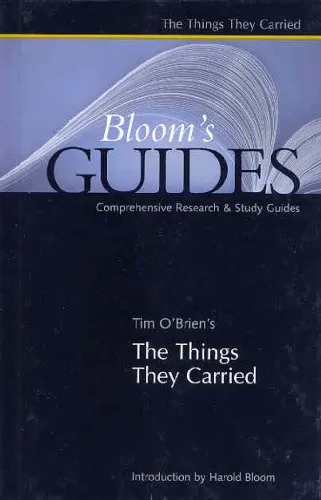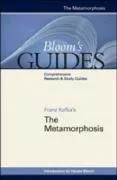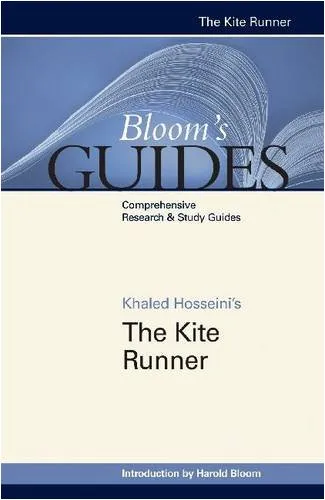Mary Shelley's Frankenstein (Bloom's Modern Critical Interpretations)
3.5
Reviews from our users

You Can Ask your questions from this book's AI after Login
Each download or ask from book AI costs 2 points. To earn more free points, please visit the Points Guide Page and complete some valuable actions.Related Refrences:
Persian Summary
Introduction to "Mary Shelley's Frankenstein (Bloom's Modern Critical Interpretations)"
"Mary Shelley's Frankenstein" remains a seminal work in the realm of gothic literature and a cornerstone of science fiction. As part of Bloom's Modern Critical Interpretations series, this book provides an in-depth exploration of Shelley's groundbreaking novel, examining its themes, characters, and cultural significance. Through a collection of critical essays, this volume offers a profound understanding of why "Frankenstein" endures as a masterpiece. In this introduction, we'll delve into a detailed summary of the book, uncover key takeaways, highlight some famous quotes, and discuss the importance of this critical interpretation.
Detailed Summary of the Book
"Mary Shelley's Frankenstein (Bloom's Modern Critical Interpretations)" offers readers a comprehensive guide to understanding the complexities of 'Frankenstein.' It begins with a contextual overview that explores the historical and literary landscape of early 19th-century Europe, setting the stage for Shelley's inspiration and thematic direction. The following essays delve into the intricate dynamics of Victor Frankenstein's quest for knowledge and the resultant consequences of his actions. By dissecting key characters such as the eponymous creator and his tragic Creature, diverse critical perspectives shed light on the enduring psychological and philosophical questions posed by the narrative.
The book further examines the novel’s structure and narrative techniques, focusing on the layered storytelling approach that combines letters, firsthand narratives, and overlapping timelines. Contributors also discuss the ethical and moral dilemmas presented within the text, challenging readers to reflect upon humanity's ambition, alienation, and the inexorable consequences of transgressing natural limits.
Key Takeaways
- "Frankenstein" is not just a horror story but a philosophical musing on the human condition.
- The book delves deeply into themes of creation, responsibility, and the ethical limits of scientific inquiry.
- It invites readers to consider the consequences of unchecked ambition and isolation.
- The multi-layered narrative structure enriches the storytelling, providing varied perspectives and insights.
- The character of the Creature highlights issues of identity, empathy, and societal rejection.
Famous Quotes from the Book
This interpretation includes notable quotes from "Frankenstein" that capture the essence of Shelley's craftsmanship:
"You are my creator, but I am your master; obey!"
"Beware; for I am fearless, and therefore powerful."
"Nothing is so painful to the human mind as a great and sudden change."
Why This Book Matters
Bloom’s "Mary Shelley's Frankenstein" is a pivotal addition to any literary scholar’s library. It not only illuminates the timeless nature of Shelley's narrative but also enhances our understanding of the socio-political underpinnings of the early 1800s. By engaging with a broad spectrum of critical essays, readers can appreciate the novel's influence on the science fiction genre and its broader cultural implications. This collection facilitates a deeper contemplation of the ethical dimensions of innovation, making it an essential resource for anyone seeking to grasp the profound questions "Frankenstein" raises about humanity’s creations and their unintended repercussions. Through this critical interpretation, Bloom continues to make significant contributions to the appreciation and scholarly discourse surrounding classic literature.
Free Direct Download
You Can Download this book after Login
Accessing books through legal platforms and public libraries not only supports the rights of authors and publishers but also contributes to the sustainability of reading culture. Before downloading, please take a moment to consider these options.
Find this book on other platforms:
WorldCat helps you find books in libraries worldwide.
See ratings, reviews, and discussions on Goodreads.
Find and buy rare or used books on AbeBooks.
1449
بازدید3.5
امتیاز50
نظر98%
رضایتReviews:
3.5
Based on 0 users review
"کیفیت چاپ عالی بود، خیلی راضیام"
